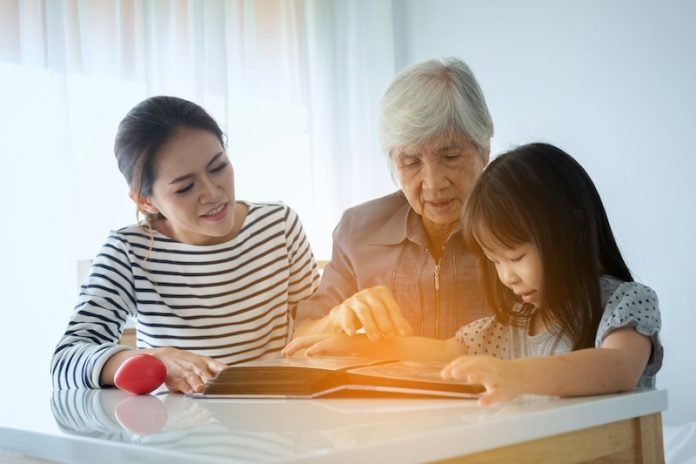
Dementia is a term used to describe a group of symptoms affecting memory, thinking, and social abilities severely enough to interfere with daily functioning.
One of the most challenging aspects of dementia is the progressive decline in memory.
However, various tools and techniques, known as memory aids, can help manage this decline and improve the quality of life for those affected.
This article explores some of the best memory aids available for people with dementia, based on research and practical application.
Daily Planners and Journals: Keeping a daily planner or journal can be a simple yet effective memory aid. Writing down important dates, to-do lists, and personal memories can help individuals with dementia maintain a sense of routine and independence.
They also provide a reference point that individuals can use throughout the day, which helps reduce anxiety and confusion about upcoming events or tasks.
Calendars: Large-print calendars are extremely useful for those with memory issues. These can be placed in frequently used areas of the home, such as the kitchen or living room, where they are easily visible.
Calendars can be used to mark appointments, family birthdays, and other significant events, helping individuals with dementia stay connected to the passage of time and upcoming events.
Reminder Alarms: Technology offers various tools to aid memory, including alarms that can be set on devices like smartphones, tablets, or even specialized devices designed for those with dementia.
These alarms can remind individuals to take medications, attend appointments, or perform daily tasks such as feeding pets or watering plants.
Picture Phones and Photo Displays: For those with dementia, recognizing faces and remembering phone numbers can be difficult.
Picture phones, where photos are used to label speed-dial buttons, can make it easier for someone with dementia to call family members and friends without having to remember phone numbers.
Similarly, displaying photos of loved ones around the home with labels explaining who they are can help maintain and trigger memories.
Memory Boxes and Treasure Baskets: Creating a memory box or treasure basket with items that are meaningful to the individual can be a powerful aid.
These items might include photographs, letters, mementos from past vacations, or other significant personal items. Handling these can trigger memories and facilitate conversation with caregivers and family members.
Labeling and Signage: Labeling cabinets, drawers, and rooms can help orient someone with dementia within their own home. Labels can be written in bold, clear fonts and placed at eye level.
For example, placing a label on a bathroom door or on drawers that store specific items like clothes or utensils can reduce confusion and frustration.
Digital Apps and Games: Several apps and games are designed specifically to aid memory in individuals with cognitive impairment. These range from simple memory games that help strengthen recall abilities to more sophisticated apps that provide reminders and cognitive exercises.
Apps like “MindMate” and “MyTherapy” not only offer brain training but also feature tools for managing daily medications and activities.
GPS Trackers and Locators: For those with dementia who may wander, GPS devices can be a lifesaver. These devices can be worn like a wristwatch or pendant and allow caregivers to track the individual’s location through a smartphone or computer.
This technology provides peace of mind for caregivers and safety for the individual.
Memory aids are not one-size-fits-all and what works best will depend on the individual’s specific needs and the stage of their dementia. It is important to introduce these aids early and adapt them as the condition progresses.
Regular reviews with healthcare professionals can help tailor these tools to provide maximum benefit. By incorporating these memory aids into daily life, caregivers can help manage the symptoms of dementia, enhancing the overall well-being and independence of those affected.
For more information about dementia, please see recent studies about brain food: nourishing your mind to outsmart dementia and results showing that re-evaluating the role of diet in dementia risk.
For more information about brain health, please see recent studies about the power of healthy fats for brain health and results showing that Mediterranean diet may preserve brain volume in older adults.
Copyright © 2024 Knowridge Science Report. All rights reserved.



